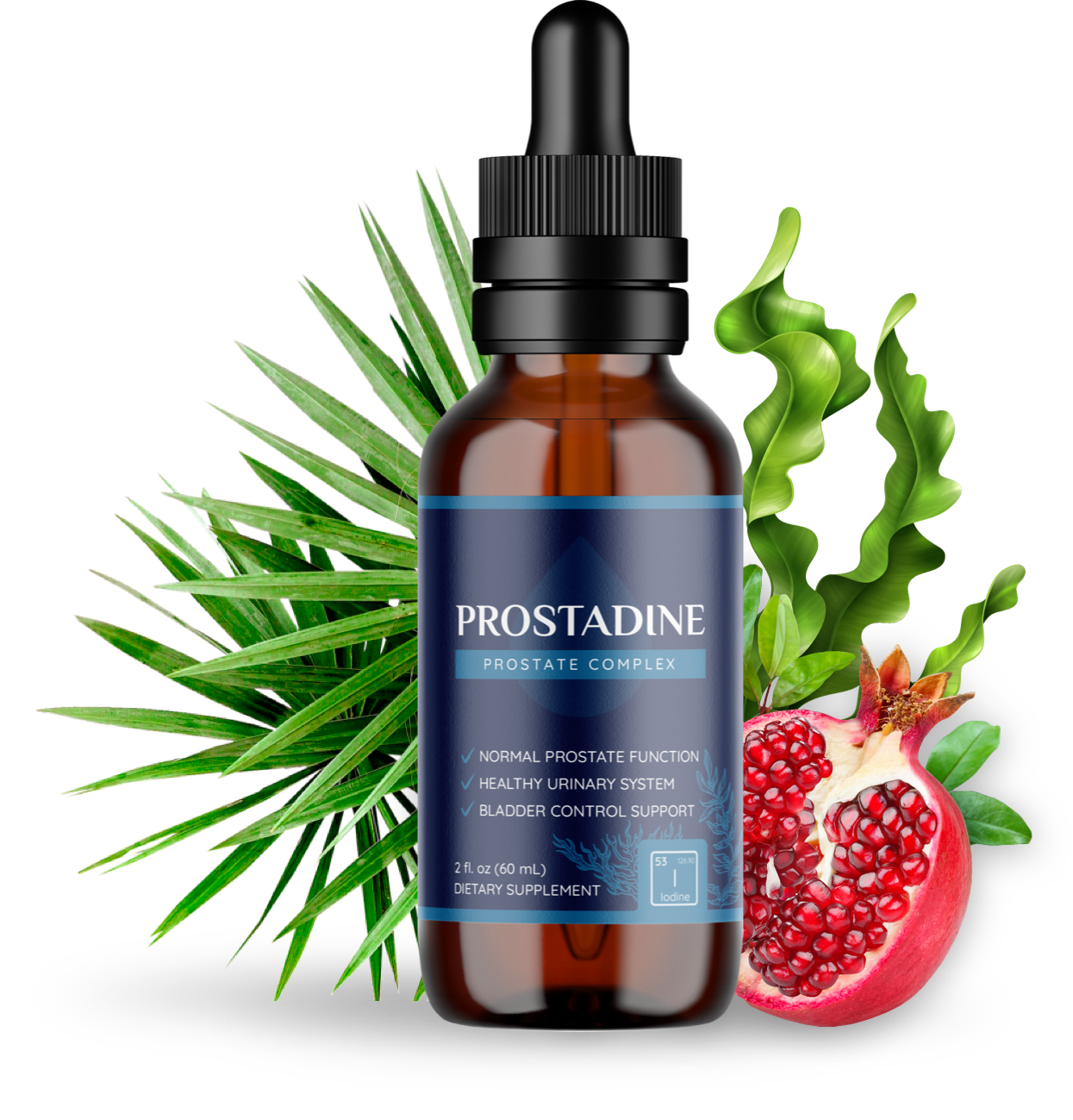
Ever walk into a room and forget why you’re there? Or re-read the same email three times before it finally sinks in? That frustrating lack of focus, sometimes a result of brain fog, can leave you feeling mentally stuck, even when you’re trying your best to power through the day. While it’s easy to blame […]
The post Can Your Diet Cause Brain Fog? appeared first on MyFitnessPal Blog.

Ever walk into a room and forget why you’re there? Or re-read the same email three times before it finally sinks in? That frustrating lack of focus, sometimes a result of brain fog, can leave you feeling mentally stuck, even when you’re trying your best to power through the day. While it’s easy to blame stress, sleep, or just being “off,” new research suggests that what you eat could also be part of the picture.
One study published in the journal Nutrients found those who consumed a higher proportion of ultra-processed foods (UPFs) had significantly poorer cognitive performance. Strikingly, this link remained even when accounting for overall diet quality, suggesting that some processed food alone may have a negative effect on brain health (1).
Let’s dig into how nutrition can impact your mental sharpness and share realistic strategies to help you feel more clear-headed and focused.
Understanding Brain Fog
Brain fog isn’t a medical diagnosis, but it’s a very real experience. It describes a collection of cognitive symptoms that can leave you feeling mentally sluggish, unfocused, or just generally feeling off.
Common signs of brain fog include:
- Difficulty concentrating or staying on task
- Short-term memory lapses (e.g., forgetting why you walked into a room)
- Slower thinking or trouble processing information
- Mental fatigue, especially after meals or long work sessions
- Struggling to find the right words in conversation
While occasional brain fog can happen to anyone, persistent symptoms might point to an underlying cause that could be improved with lifestyle changes.
Possible contributors to brain fog include:
- Diet: Nutrient deficiencies, blood sugar swings, dehydration, or ultra-processed foods may play a role. For example, B12 deficiencies are associated with reduced cognition scores (2).
- Medical conditions: Thyroid issues, anemia, and inflammatory diseases can also contribute to brain fog-type symptoms (3, 4, 5).
- Gut-brain axis dysfunction: Imbalances in the gut microbiome may affect your cognitive function and mood (6).
The Diet-Brain Connection
The choices we make about food today could shape how our brains function decades from now. Feeling foggy after a meal might seem harmless, but over time, those moments of mental fuzziness could be your body’s way of signaling something deeper.
Recommended Story For You :

The alpine secret for healthy weight loss

The Most Potent Fast-Acting Formula For Incinerating Stubborn Fat

Real Cortexi Users Real Life‑Changing Results

This Cold Drink Might Trigger Your Prostate

Red Boost is a powerful new formula for boosting male sexual health.

Everything you eat or drink eventually reaches your liver for processing.

Brand New Probiotics Specially Designed For The Health Of Your Teeth And Gums
